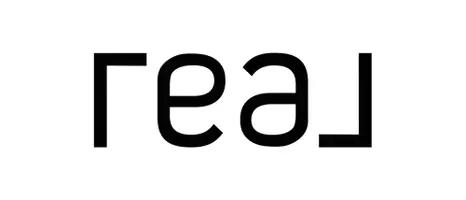Choosing a Fixed Rate Mortage or a Variable Rate Mortgage

Advantages of a Variable Mortage Rate
A variable-rate mortgage can be a smart choice if you are looking for lower initial payments, anticipate selling or refinancing before the adjustable period, or expect interest rates to decrease in the future. It's best for buyers who have flexibility in their timeline or financial situation and are comfortable with the potential for future rate adjustments. Here are some of the key benefits:
1. Lower Initial Interest Rates
Variable-rate mortgages often come with a lower initial interest rate compared to fixed-rate mortgages. This lower starting rate can result in reduced monthly payments during the early years of the loan, making it more affordable upfront.
2. Potential for Decreasing Payments
If interest rates in the market decrease, your mortgage payments will also decrease. This flexibility can be beneficial if you anticipate a declining interest rate environment, allowing you to save money over the long term.
3. More Affordable in the Short Term
A variable-rate mortgage is ideal for buyers who plan to sell or refinance within a few years. The lower introductory rates can result in significant savings if you're not intending to keep the mortgage for the full term.
4. More Home for Your Money
Because the initial payments on a variable-rate mortgage are lower, you may qualify for a larger loan amount, potentially allowing you to buy a more expensive home than you could with a fixed-rate mortgage.
5. Flexibility
Variable-rate mortgages often have fixed-rate periods at the start (such as 3, 5, or 7 years) during which the rate stays constant. After that, the rate adjusts based on market conditions. This structure can be ideal if you plan to move or expect changes in your financial situation before the rate starts to adjust.
6. Benefit from a Downward Rate Trend
If market interest rates fall over time, a variable-rate mortgage allows you to take advantage of these decreases without needing to refinance. Your interest rate will adjust downward automatically, potentially reducing your monthly payments and overall interest cost.
7. Potential Savings Over the Loan Term
If you expect that interest rates will remain stable or drop in the future, you could end up paying less over the life of the loan than you would with a fixed-rate mortgage. This can be a long-term money-saving strategy, depending on the market environment.
8. Early Payoff Opportunity
Some buyers who anticipate a salary increase or other windfall may opt for a variable-rate mortgage. They can take advantage of lower payments in the early years and pay off the loan before the interest rate adjusts upward.
9. Fewer Upfront Costs
Some variable-rate mortgage options come with lower initial fees and closing costs than their fixed-rate counterparts. This can make it easier to get into a home with less cash needed upfront.

Mortage Considerations Beyond the Rate
When searching for a good mortgage, there are several key factors you’ll want to consider to ensure you're getting the best deal possible. A good mortgage goes beyond just a low interest rate—it includes terms that fit your financial situation, your long-term goals, and your lifestyle. Here’s what to look for:
Loan Term
The loan term (the number of years over which you’ll repay the mortgage) directly impacts your monthly payments and the total interest you’ll pay over time. Common terms include:
- 15-Year Mortgage: Higher monthly payments but less interest paid over time.
- 30-Year Mortgage: Lower monthly payments but more interest paid over the life of the loan.
- 20 or 25-Year Mortgage: May offer a compromise between monthly payments and total interest costs.
Choose a term that fits your financial situation and long-term goals.
Speed Up Your Payments
If you are currently paying a monthly mortage payment, you can accelerate these payments by switching your payment schedule. This will lower your principal amount and save you money over the term of your loan by reducing the interest you will pay on the life of the mortage.
Low Fees and Closing Costs
In addition to the interest rate, be aware of the various fees associated with taking out a mortgage. These can include:
- Origination fees: Charged by the lender for processing the loan.
- Appraisal fees: For valuing the home.
- Underwriting fees: For verifying your application details.
- Prepayment penalties: Fees for paying off the loan early.
Some lenders may offer lower fees or cover part of the closing costs, so ask about these charges upfront and factor them into your comparison.
Flexible Down Payment Requirements
The amount of your down payment will influence the size of your mortgage and whether you need to pay mortgage insurance:
- Conventional Loans: Often require a 20% down payment to avoid private mortgage insurance (PMI), but some lenders offer options with as little as 5% down.
- Government-backed Loans: As a housing finance solution, Canada Mortage and Housing Corporation (CMHC) provides mortage loan insurance, allowing for lower down payments of 5%. This is beneficial especially for first-time homebuyers, or those with a smaller down payment. Your lendor will be aware of this support at the time of your pre-approval.
Consider how much you’re able to put down and the flexibility offered by the lender. To avoid paying mortage insurance, consider a down payment of 20% or more.
Prepayment Options
Look for a mortgage that allows you to make extra payments without penalty. Paying a lump sum toward the principal can significantly reduce the total interest paid and shorten your loan term. This amount is usually determined on a per year basis as a one time payment, outside your regular payments. Some lenders offer:
- Open Mortage: You can increase your payments, pay in full, refinance or renegotiate at anytime through out the mortage term without a prepayment penalty charge.
- Closed Mortage: An annual pre-determined amount, allows you to put extra money toward the principal when you can. This can be done in a lump-sum or through the increase of your payment amount.
Portability
If you think you might move during the mortgage term, a portable mortgage can be beneficial. Portability allows you to transfer your mortgage to a new property without incurring penalties or needing to refinance. This feature can save you money and hassle down the line.
Penalties and Fees for Changes
Some mortgages carry stiff penalties for breaking the mortgage early (for example, if you sell your home or refinance before the term is up). Ensure you understand the costs involved with:
- Early repayment: If there are fees for paying off the loan before the term ends.
- Breaking the mortgage: Look into how much you would be charged if you decide to sell or refinance before your mortgage term is up.
Customer Service and Support
Consider the quality of customer service your lender offers. A good mortgage experience is not just about the numbers, but also about the support and advice you receive throughout the process. Look for:
- Responsiveness: How quickly the lender responds to your inquiries.
- Flexibility: Will the lender work with you if your financial situation changes?
- Reputation: Read reviews and ask for recommendations from friends or family who’ve had positive experiences with their lenders.
Special Programs or Incentives
Some lenders offer special mortgage programs, such as:
- First-time homebuyer incentives: These may include lower rates or down payment assistance.
- Green home programs: Offering incentives for energy-efficient homes.
- Interest rate lock-ins: Some lenders allow you to lock in an interest rate for a certain period, protecting you from rising rates during the homebuying process.
Flexibility in Loan Terms
Depending on your financial situation, you may want a mortgage that offers flexibility, such as:
- Convertible mortgages: Allows you to switch from a variable-rate to a fixed-rate mortgage during the loan term if market conditions change.
- Open mortgages: Let you pay off the loan early without penalties, though they may have higher interest rates.
In Summary
A good mortgage offers a balance of competitive interest rates, manageable fees, flexible terms, and responsive customer service. It’s important to compare multiple lenders, understand the long-term costs, and ensure the mortgage fits your current financial situation and future goals.
If you’d like help comparing specific mortgage options, feel free to reach out!
Categories
Recent Posts
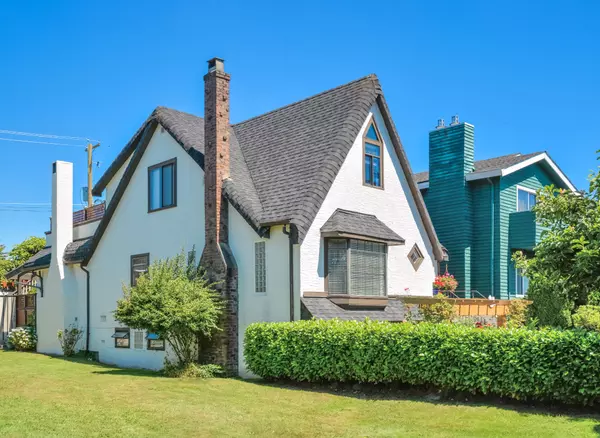

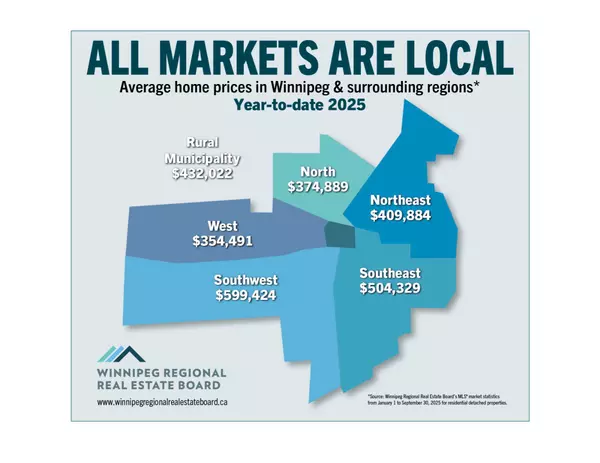
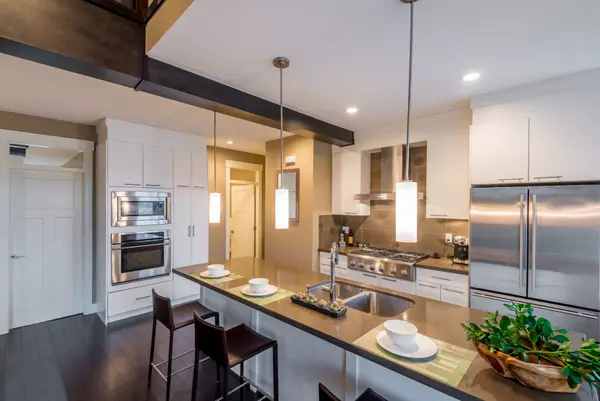
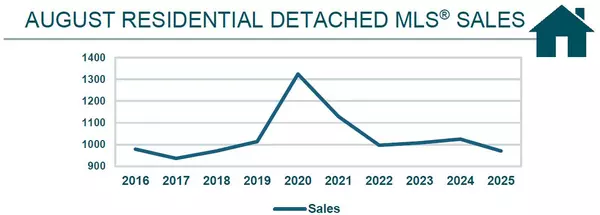

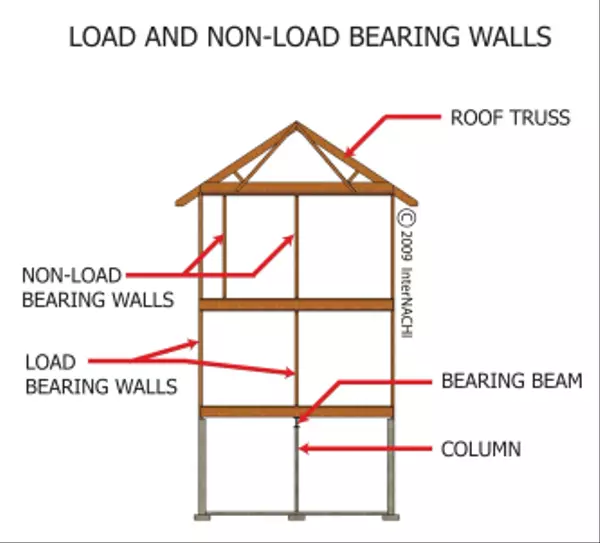
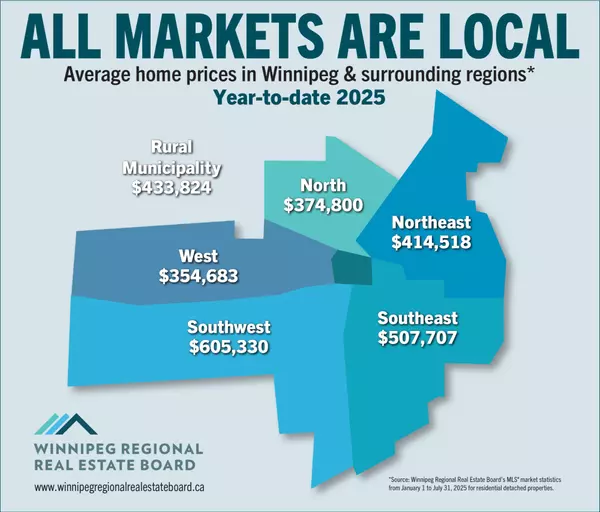
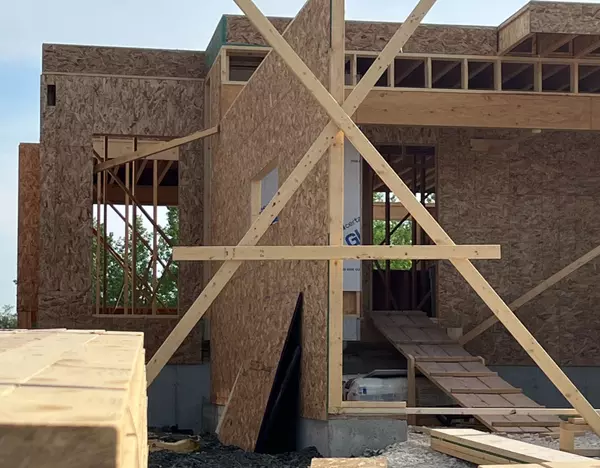

Leave a Reply
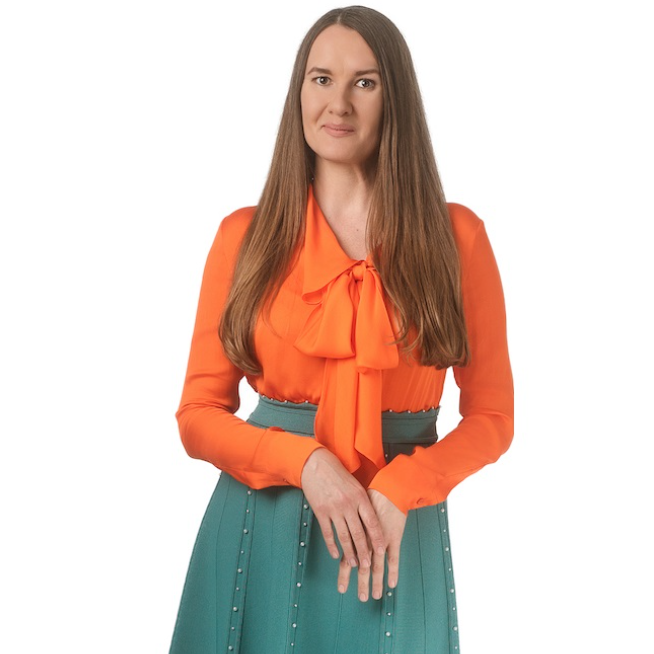 REALTOR®Thanks for stopping by and taking the time to get to know me!I'm Tara Zacharias, a real estate salesperson and licensed REALTOR® located in the vibrant city of Winnipeg. Real estate and all that's associated with it such as, interior design, construction, community planning, marketing or the financial aspect, all fascinate me. I take pride in working with my clients to find their ideal home, sell their property for the best value and make smart investment decisions.Born in Manitoba, I'm familiar with the prairie life in both the City of Winnipeg or in a rural town, i've lived both. My interests are hiking, riding bicycle, theatre, making art, concerts and trying new restaurants. I have a Bachelor of Fine Arts in drawing and painting and a Post-Graduate Certificate in sculpture and installation from OCAD University.Whether you're a first-time homebuyer, a seasoned seller or an investor looking for opportunities, I'm here to guide you every step of the way with integrity, expertise, and a genuine desire to see you succeed in your real estate journey. My mission is to make sure your wants and needs are met so that we can work together again to make your real estate dreams a reality.+1(204) 293-0933 tara@tarazacharias.com
REALTOR®Thanks for stopping by and taking the time to get to know me!I'm Tara Zacharias, a real estate salesperson and licensed REALTOR® located in the vibrant city of Winnipeg. Real estate and all that's associated with it such as, interior design, construction, community planning, marketing or the financial aspect, all fascinate me. I take pride in working with my clients to find their ideal home, sell their property for the best value and make smart investment decisions.Born in Manitoba, I'm familiar with the prairie life in both the City of Winnipeg or in a rural town, i've lived both. My interests are hiking, riding bicycle, theatre, making art, concerts and trying new restaurants. I have a Bachelor of Fine Arts in drawing and painting and a Post-Graduate Certificate in sculpture and installation from OCAD University.Whether you're a first-time homebuyer, a seasoned seller or an investor looking for opportunities, I'm here to guide you every step of the way with integrity, expertise, and a genuine desire to see you succeed in your real estate journey. My mission is to make sure your wants and needs are met so that we can work together again to make your real estate dreams a reality.+1(204) 293-0933 tara@tarazacharias.com330 St Mary Ave, Winnipeg, MB, R3C 3Z5, CAN
https://tarazacharias.com/
